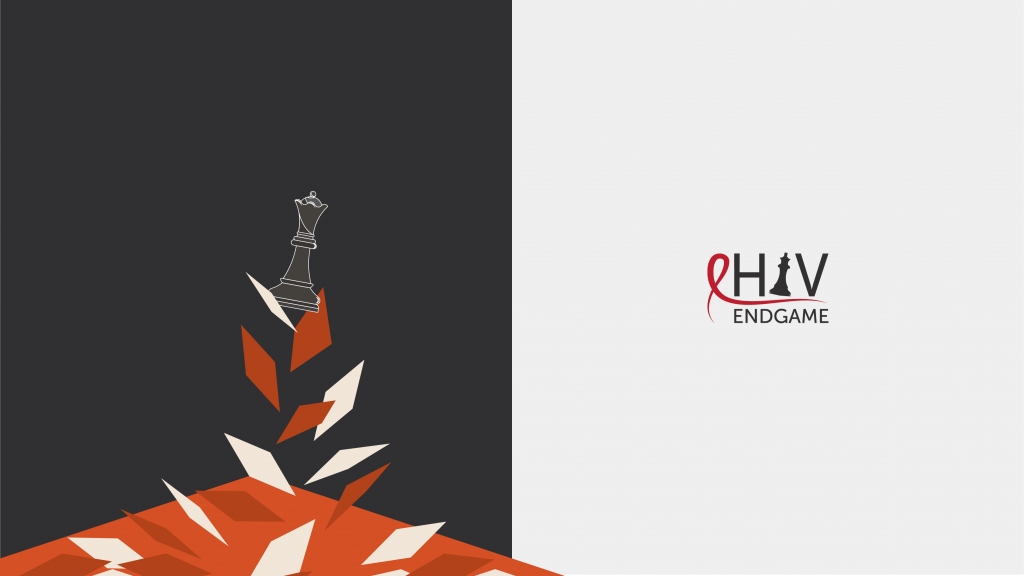Conall O’Cleirigh, Psychiatry Department, Massachusetts General Hospital
Adverse Childhood Events And Trauma-Informed Care
Close relationships are critical to health. For children, those are relationships with parents, for adults the circle is wider—parents, partners, children and other loved ones. What happens in those relationships, the support and security that we provide for one another, and the stress and harm we do one another, are a powerful in?uence on the health of our bodies. This plenary will explore the link between adverse childhood events (ACEs) and other trauma on health, and the importance of trauma-informed care. The plenary will be followed by workshops on three trauma-informed interventions.
Descriptive Transcript
I receive funding support for my research from the NIH and from at the OHTN, and I have no other conflicts. As a clinical psychologist who’s worked in the area of childhood sexual abuse with gay and bisexual men, and other men who have sex with men, over the last ten or twelve years. I wanted to just highlight some of the issues that come up when working with that particular group, and as Robert had mentioned in his talk the rates of adverse childhood events are alarmingly high. When you look at the rates of childhood sexual abuse in sexual minority men, they’re off the charts high.
Until just a few years ago we assumed that the rates of childhood sexual abuse among gay and bisexual men that we were seeing in our small convenience samples were biased. And they were coming in somewhere between forty and forty-five percent of gay and bisexual men reporting childhood sexual abuse histories. And we were thinking this can’t be the case, and then in I think three years ago, three or four years ago, Sweet and Wells published for the first time based on population estimates with heterosexual comparisons that those estimates were in fact right on the money. Their estimate was forty seven percent of gay and bisexual men, adult gay and bisexual men were reporting histories of childhood sexual abuse. So within the context of our community this is a huge issue.
And I think when you add in the developmental challenges of growing up as a gay or bisexual boy, and the challenges that that faces, well articulated by the sexual minority stress model and others. I think we know that this doesn’t occur in isolation that there are many other developmental challenges along the way. One of the things that we found in the samples that we work with is that early childhood sexual abuse doesn’t stay in childhood it creates multiple vulnerabilities that have been very well articulated in the previous talk. But one of the ones that we’re particularly focused on is that about half of gay and bisexual men who have histories of childhood sexual abuse are meeting current diagnostic criteria in adulthood for post-traumatic stress disorder, and this is one of the significant mental health disturbances that early childhood trauma can have.
Also childhood sexual abuse isn’t just associated with a greatly increased vulnerability for HIV but it’s also associated with everything else that’s associated with increased vulnerability for HIV. Increased substance use, more likely to have intimate partner violence, less likely to be engaged in healthcare, all the vulnerabilities that we just heard about. For those of us working at the intersection of HIV prevention and treatment and clinical psychology, one of the things were well aware of, although there are multiple pathways to adult dysfunction from childhood sexual abuse and childhood trauma generally, and one of the ones that our work has been focused in on is avoidance. That people who are traumatized and who are biased in the direction of post-traumatic responding, are bothered by uncontrollable distress in many different forms, and they learn quite understandably to avoid that distress.
I think the ways in which that avoidance occurs and can also be very problematic. Problematic in terms of creating additional vulnerabilities. I have some questions there. How do we avoid? Well we know how we avoid distress, there’s some really good mechanisms available to us. Substance use, alcohol use, shutting down our full range of emotional expression, avoiding emotional extremes. And what do we avoid? We avoid reminders of our distress. We avoid things that take us back to our distress. If we’re in the unfortunate position of having been traumatized sexually in childhood or early adolescence then it’s no big surprise that our adult sexual behavior was disturbed and we have some dysfunction and impairment there. And that interferes with our ability to protect our sexual health, to keep ourselves healthy and accurately appraise our risk for HIV or STIs.
So in terms of identifying the context here for gay and bisexual men and articulating their development vulnerability for childhood sexual abuse, one of the things that I would like to underline is that an important part of trauma-informed care and I think trauma-informed care includes a whole universe of things that we can do at the individual level, at the level of the clinic, the provider, our society, and structural issues. To be sensitive to the lived experience of people who are carrying childhood sexual abuse histories with them. But I think as a psychologists and psychiatrists and social workers and mental health professionals, I think big part of our responsibility is to provide these men with empirically supported treatment for PTSD as one of the principal barriers to full engagement in our own healthcare, particularly in HIV care for people who are already living with HIV. And to help manage risk for HIV infection and for those who are not. I leave it at that. Thank you very much. [Applause]
